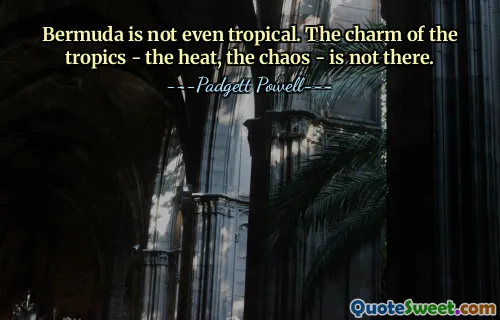...that witchcraft requires no potions, familiar spirits, or magic wands. Language upon a silver tongue affords enchantment enough.
In "The Enchantress of Florence," Salman Rushdie explores the concept that true enchantment does not rely on traditional elements of witchcraft like potions or spells. Instead, he emphasizes the power of language itself and its ability to create magic through words. This reflects the idea that communication can have a profound effect, captivating and influencing people deeply.
Rushdie's assertion points to the art of storytelling and verbal expression as forms of witchcraft in their own right. By wielding language skillfully, one can cast spells over listeners, evoking emotions and transporting them to different realms of thought. The narrative suggests that the real magic lies in the connections formed through dialogue and the allure of enchanting stories.

